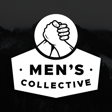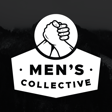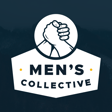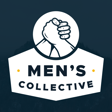
Why Men Struggle to Ask for Help: Breaking the Support Barrier
Why is asking for help so hard for men?
In this episode, Travis Goodman and co-founder Pierre Azzam unpack the real reasons men hesitate to seek support—fear of judgment, shame, not wanting to be a burden—and how these beliefs keep men stuck and disconnected.
They explore what real support looks like (hint: it’s not just giving advice), how to build trust in male relationships, and why presence—not fixing—is often the most powerful thing you can offer or receive.
Key Takeaways:
Why support doesn’t equal weakness
The myth of being a burden
How to ask for what you actually need
Practical ways to create safe, connected brotherhood
Challenge:
What kind of support do you actually want—advice, witnessing, or presence?
Take the risk this week: name it and share it with someone you trust.
🎧 Listen now on Spotify, Apple, & YouTube or visit menscollective.co to go deeper.
JOIN THE COLLECTIVE:
JOIN THE MEN'S COLLECTIVE:
CLICK HERE
JOIN THE MAILING LIST & GET INVOLVED!
INSTAGRAM: MENSCOLLECTIVE.CO
WATCH ON YOUTUBE:
Connect and Support Travis:
YouTube: Travis Goodman
Instagram: @travis.goodman.lmft
Connect and Support Pierre:
Instagram: Braver.Man






